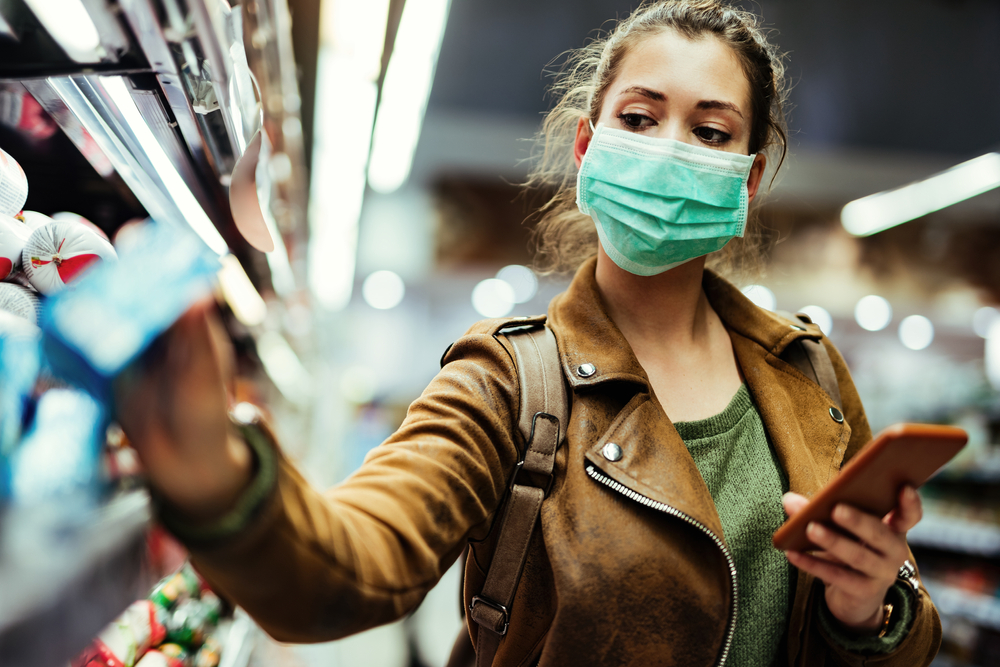Your recovery from addiction depends on a lot of factors. Staying focused on what it takes to be successful is easier when you have the support of those around you. The importance of friendship and fellowship in recovery is clear. February is Friendship Month, the perfect time to focus on cultivating those relationships.
You Are Not Alone
When you are addicted to drugs or alcohol, you may feel isolated. Know that you are not alone, however. You have the support of those guiding you through your recovery. You have a circle of positive support among your friends and family members. You also have the opportunity to develop a sense of fellowship with others who are experiencing similar challenges and struggles with their addiction recovery.
Alcoholics Anonymous (AA) refers to the fellowship of their support group meetings as the people themselves. It’s not just about the meetings for them, it’s about the gathering of the people in the meetings. People who are there to support you and who need your support will become a valued circle of friendship and fellowship in recovery for you.
The Power of Friendships
When you develop positive friendships, you will see many benefits. You can also be the source of those benefits for your new friends. The emphasis here is on positive friendships, as you will have left behind your association with friends who encouraged you to use drugs and alcohol and are moving forward toward a support circle that will benefit you in recovery.
Friends can be good for your mental and physical health. You can celebrate good times together and you can be there for each other when one of you is struggling. Friendships and fellowship in recovery can help you by:
- Boosting your happiness and reducing your stress level
- Improving your sense of self-worth and self-confidence
- Increasing your sense of belonging and purpose
- Helping you cope when you struggle with traumatic events you may experience
- Encouraging you and supporting you in your new, healthier lifestyle in recovery.
Research has shown that when you have a strong social support of friendship and fellowship, you will be more likely to have a reduced risk of significant health issues, such as high blood pressure and depression. You may even enjoy a longer life with a strong support circle of true friends.
Positive Support in Recovery
One of the most important benefits of friendship and fellowship in recovery is the positive support you will receive as you work through the challenges you may face after successfully completing your addiction treatment. Your addiction treatment professional can guide you through the steps that will help you build up a support group of friends, as well as help you identify those unhealthy relationships that you will need to avoid going forward.
Changing your problem relationships and identifying supportive relationships are critical steps for you now. You may find that you need to set boundaries with former friends so they will no longer negatively influence your behavior. Developing new friendships may seem like a challenge at this point in your life, but you can find positive support through a number of opportunities to meet new people.
New Opportunities for Friendship and Fellowship
Support groups are a good way to meet others who are experiencing similar experiences in recovery. You can develop a fellowship with others who are focused on staying clean and sober, providing support to them as well. Remember that friendship and fellowship work in both directions!
Sports activities or hobby clubs can help you form positive friendships while sharing similar interests that will benefit your physical and mental health. A book club, for example, is a good way to focus on a constructive hobby while sharing thoughts and perspectives with others in the group.
Religious groups and community organizations are also potential opportunities to get involved and to seek out new relationships. Non-profit organizations are a good place to meet people who share your values and goals. Volunteering for these types of organizations is also a good way to boost your mental health in recovery.
You Can Find Help and Support at South Miami Recovery
When you need support for your addiction or mental health issues, the professional team at South Miami Recovery offers evidence-based therapies to guide you toward a successful recovery. We know that your well-being is of the utmost importance during the COVID-19 pandemic. South Miami Recovery offers HIPAA-compliant telehealth services so you can get the treatment you need now. Contact us today for help. Call South Miami Recovery at 305.661.0055.










